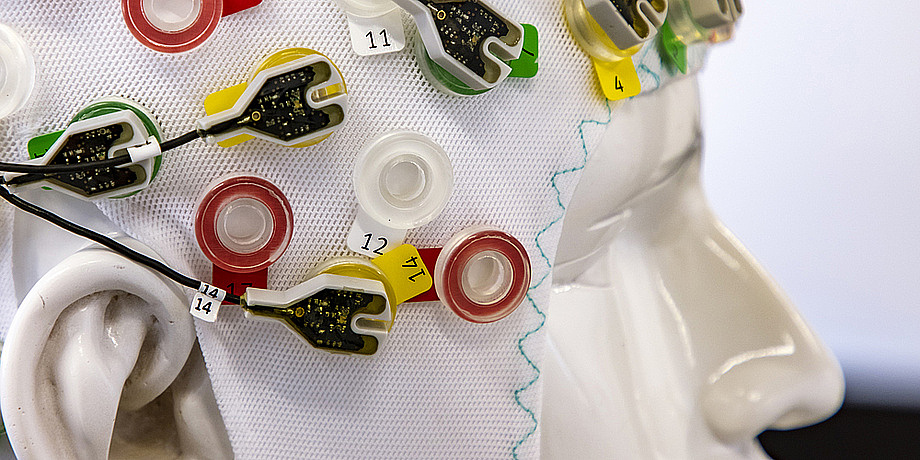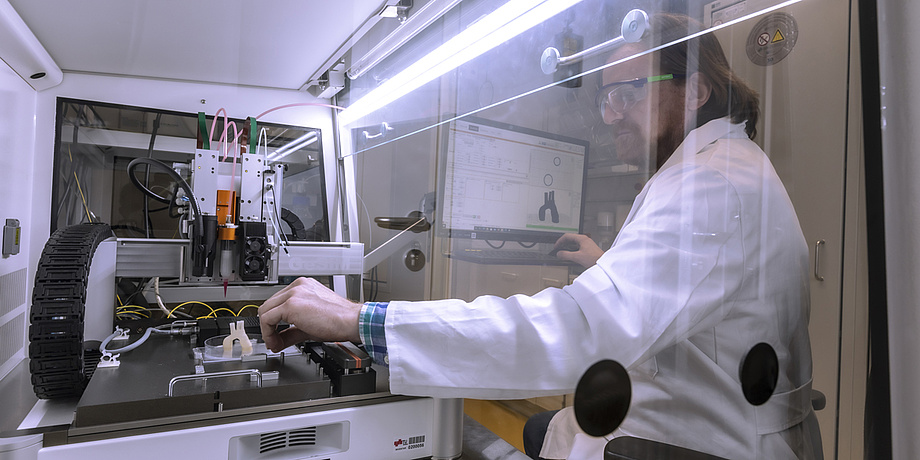What is Biomedical Engineering?

I’m going to start by telling you the reason why I study Biomedical Engineering. I’ve always had an interest in learning how the human body works and designing things. Biomedical engineering connects the two elements of human anatomy and engineering. I like biomedical engineering because of how extensive the field is and the way it allows you to solve complex problems using technology.
As medicine becomes more dependent on technology, there is an even bigger need to develop solutions that require a grasp technology and engineering skills.
What is biomedical engineering?
Biomedical engineering is the application of the principles and problem-solving techniques of engineering to biology and medicine. It focuses on advances in technology and medicine to develop new devices and equipment for improving human health. It makes itself even more interesting due to the expansion of implantable medical devices, such as pacemakers and artificial hips, to more futuristic technologies such as stem cell engineering and the 3-D printing of biological organs.
An example of how 3-D printing can be used: Researchers at TU Graz produce individual models of blood vessels with a 3-D Bioprinter.

Biomedical engineering includes:
- human anatomy and physiology
- physics
- chemistry
- mathematics
- electrical engineering
- mechanical engineering
- computer science
- biomedical engineering
And they are all integrated in human biology
Play video
If you are interested in examples of research at TU Graz in this field, here are some links to articles:
- Smart Medicine: Digitalization of the Health Care System
- Locked-In Syndrome: Ending Isolation with Brain-Computer Interfaces
- Simulated Brain Model Made to See for the First Time
- New Insight into Aortic Dissection
- Research at the Interface between Medicine and Technology

What do biomedical engineers do?
Many biomedical engineers find employment in cutting-edge start-up companies or as entrepreneurs themselves.
Biomedical engineers use their knowledge of engineering to create medical devices, equipment, and processes to heal, treat, or improve health conditions.
Some of the most common responsibilities include
- designing medical devices, such as pacemakers or artificial limbs
- repairing and installing medical devices and equipment
- conducting original research into existing biomedical devices and biological processes
- training medical professionals in the use of new medical equipment
If you want to know more about the thrilling history of a lifesaving medical device, read about the stunning evolution of artificial pacemakers in the University of Southern California (USC) Magazine.
What careers are there in biomedical engineering and how much do they earn?
The huge breadth of the field allows biomedical engineers to develop specialties in an area that interests them, be it biomaterials, neuro-modulation devices, orthopaedic repair, or even stem cell engineering.
There are careers in:
- software and hardware engineering
- medical device industry
- innovative design and development
- research and development
- manufacturing
- equipment testing and field servicing
- clinical patient evaluation
- hospital equipment selection and support
- in the development and production of medications

On the TU Graz website “English Language Master’s Degree Programme Biomedical Engineering” you will glean general information about the programme, admission and career prospects.
Like careers in many other engineering fields, biomedical engineers are well paid. With a master's or doctoral degree, a salary starting at 5000 euros per month is common, although many earn significantly more.




